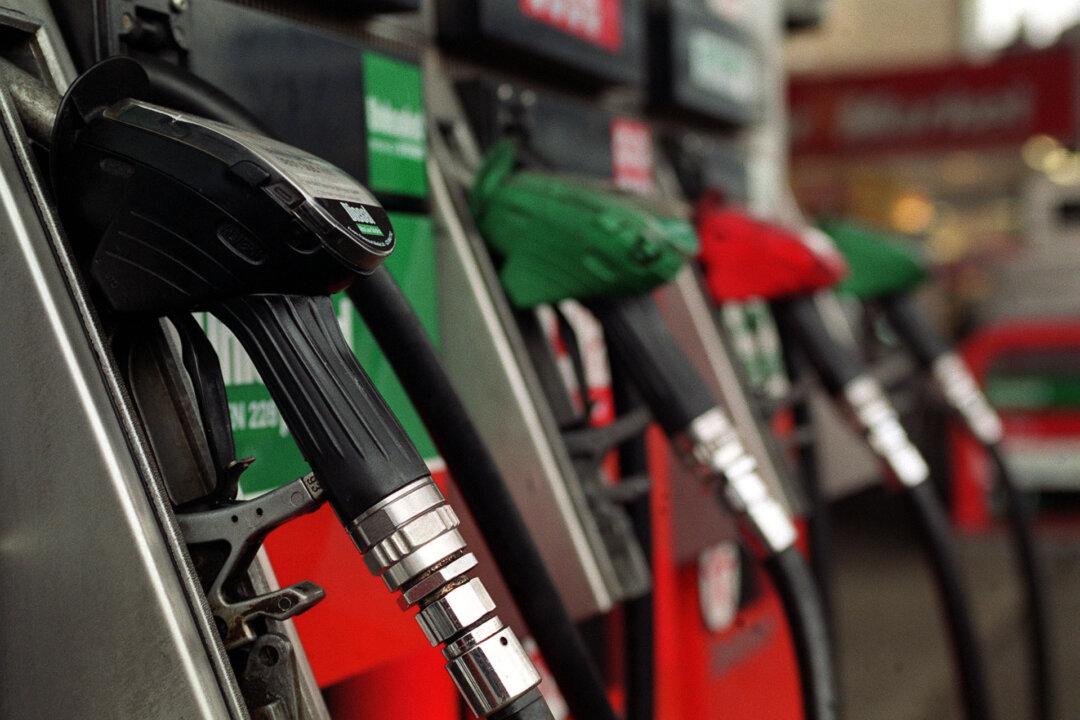Downing Street has agreed to set up a fuel price watching system after the competition watchdog found supermarkets had increased their profit margin by six pence per litre.
In its final report on the road fuel market study, the Competition and Markets Authority (CMA) said competition among fuel retailers has not been working well. It recommended a fuel finder scheme so drivers can have instant access to prices, and a monitoring body to police fuel prices.





